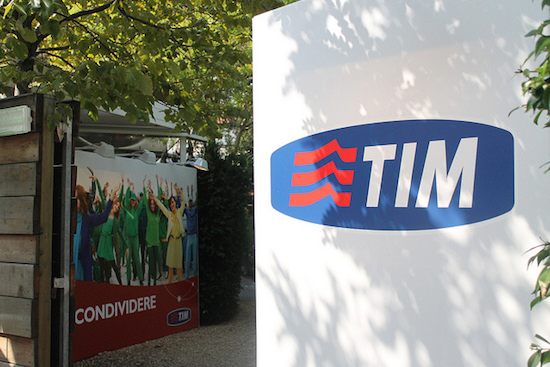A Reuters report suggests the operator is going to cancel a contract with the Chinese vendor, adding to its mounting woes.
Telecom Italia Mobile (TIM) is looking to cancel a contract with Huawei for supplying equipment to build part of the telecom firm’s 5G network in Italy, Reuters reported, citing three sources.
Italian newspaper Il Sole 24 Ore broke the story that Telecom Italia sent a letter informing Huawei of its intention to call off the contract.
Blow for Huawei
Telecom Italia is one of Huawei’s biggest clients in Europe – the Sweden and UK governments have already banned the use of the vendor’s equipment in 5G infrastructure and are gradually removing installed.
The United States has pressured many countries to ban Huawei equipment, claiming the vendor’s equipment could be used by the Chinese state to spy. Huawei denies the allegations. Telecom Italia and Huawei declined to comment.
The Italian company originally planned to award the contract to Huawei and Ericsson, but later added Nokia Reuters reported last December.
Now the contract will be split between Ericsson and Nokia, two of the sources said.
No legal ban
Italy has not imposed an outright ban on Huawei, but under current legislation it can impose strict conditions on 5G deals involving non-EU vendors.
Telecom Italia’s move follows a review of its supply policy, including a cost and benefit analysis, one of the sources said.
The company had already ruled out Huawei from the core of its 5G network, where sensitive data are processed, by not inviting the Chinese company to a tender last year.
Falling revenues
This week Huawei said its network business had maintained steady growth, although in 2020, that part of its business only grew by 0.2% compared with 3.8% the year before and brought in $46.7 billion – a third of the total.
The growth was 23.6% in 2016, before the Trump Administration imposed bans and sanctions and pressured other countries to do the same.
As Huawei is prevented from buying components made with US expertise or technology, it cannot use silicon from Taiwan’s TSMC and South Korea’s Samsung, and is obliged to run on what it has in stock.
It remains to be seen whether that inventory will carry it until new options, such as making its own chips materialise, or it will be forced to use less advanced ones.
This would further damage its ability to compete in the 5G market.



